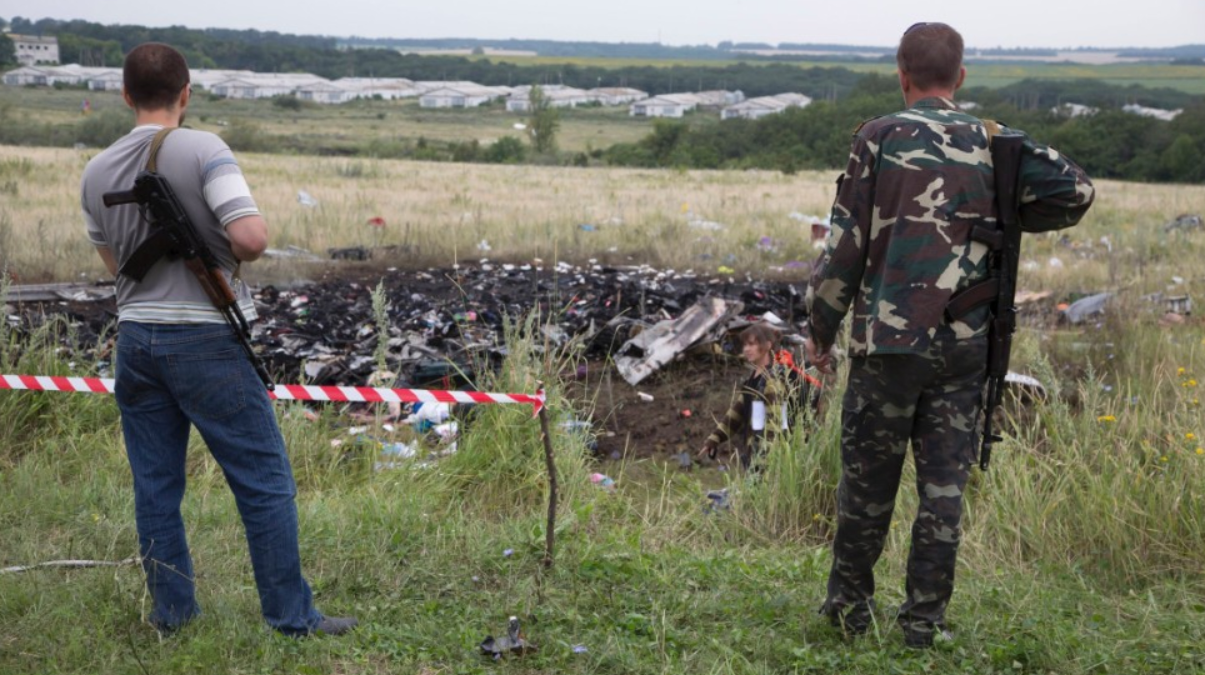By Kyle Herda
Impunity Watch Reporter, Europe
LONDON, England – With the recent beheading video of American journalist James Foley causing major concerns with the Western world, there has been a great effort to find who is responsible for the attack. Likely the biggest hint to go off has been the seeming London accent of the apparent murderer. If true, this further increases the worry over an ISIS presence in Europe.

Europe may be a breeding ground of sorts for ISIS to recruit, especially in religiously tolerant and democratic nations such as England. Some European nations have taken a stronger approach against Muslims, like France, Belgium, and parts of Switzerland banning a burqa from being warn in public. England, however, has continued to preach religious freedom, which may have ultimately opened the doors for ISIS to spread their influence under the “free speech” banner.
The Netherlands has attempted to avoid taking a stronger stance on targeting religions like some of their neighbors, but eventually decided to crack down by banning the display of ISIS’s black flag. A growing concern over anti-Semitic protests in the Netherlands has led to a classification of the ISIS flag as banned political paraphernalia, now seen in the same light as a Nazi symbol.
Greece has recently discovered the conversion that occurred to a one-time resident of their country. Shamal Ahmad Tofiq of Kurdistan moved to Athens, and a little while thereafter met new acquaintances at a mosque that radicalized him. Now known as Sina Ahmad, he is fighting for ISIS in Kurdistan, regularly posting graphic images online of horribly disfigured bodies and regularly asking prior contacts to repent their sins and join the fight.
Some British, like Malcolm Rifkind, a former foreign secretary and defense secretary who is chairman of Parliament’s intelligence and security committee, seek a stronger response from England. “[The militants] need to be eliminated, and we should not be squeamish about how we do it,” Mr. Rifkind reported.
The alleged British murderer in the Foley video would be far from the only British member of ISIS. Three British militants who cling together, known as “The Beatles” and known for their brutality, have been handling hostages of ISIS in Syria. Further, there are as many as 400 Britons estimated within ISIS, along with 2,000 estimated Europeans. As these numbers continue to grow, and with what appears to be an easy entry from the Middle East into Europe through Turkey, Europe and the Western world worry over the possibility of a major attack.
For more information, please see:
The New York Times – Britain Rejects Calls at Home to Join Forces With Assad Against Jihadists – 22 August 2014
NBC – Why Is Britain a Breeding Ground for ISIS Terrorists? – 22 August 2014
Fox News – How one Iraqi returned from Europe ready to kill family, friends – 21 August 2014
Breitbart – NETHERLANDS BANS ISIS FLAG AFTER ANTI-SEMITISM SURGE – 3 August 2014



